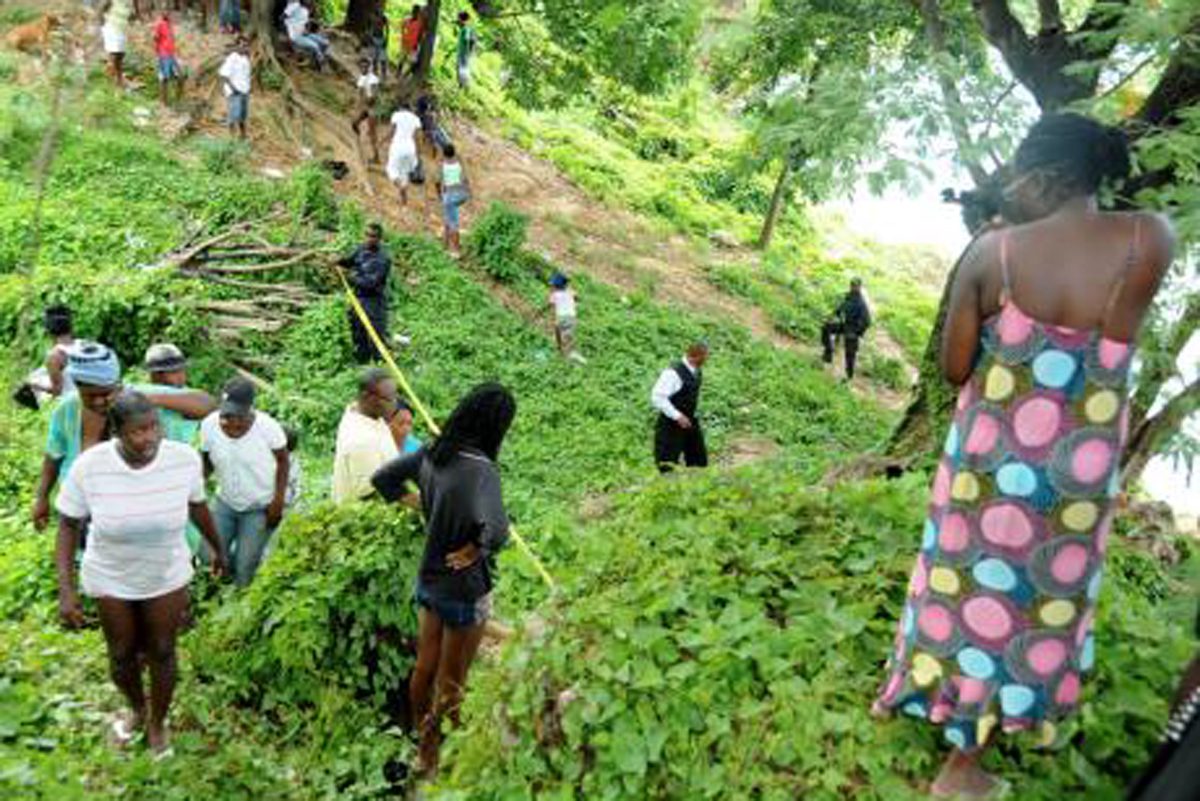(Jamaica Gleaner) Jamaica’s top prosecutor has disclosed that she will be seeking the death penalty for the five men who are set to go on trial for allegedly beheading a St Catherine woman and her teen daughter in a double murder that stirred national outrage.
The disclosure came after Paula Llewellyn, director of public prosecutions, revealed that one of the accused killers, Kemar Riley, divulged “certain things” to a cellmate in what was “tantamount to a jailhouse confession”.
He was later pointed out to police investigators by the person to whom he made the confession, Llewellyn said.
Further, she revealed that the other four men gave video-recorded caution statements to detectives in the presence of their attorneys.
“We have served a death notice and it is a capital murder indictment we are using,” Llewellyn announced yesterday in the Home Circuit Court, where the five men were set to go on trial for the July 2011 killings.
CRIMINAL CHARGES
Riley and his co-accused, Sanja Ducally, Adrian Campbell, Roshane Goldson, and Fabian Smith, have been charged with two counts of murder for allegedly decapitating Charmaine Rattray, 40, and her 19-year-old daughter, Joyette Lynch, a past student of The Queen’s School, at their home in Lauriston, St Catherine.
Llewellyn, in outlining the allegations, said that on the night of July 20, 2011, the five accused were among a group of eight men armed with guns, machetes and knives who invaded the house where Rattray and Lynch lived.
“They were stabbed, chopped up, shot and then beheaded. Their bodies were found in the house and the heads were found in different locations,” she disclosed.
Anticipating that the men’s attorneys would seek to block the videotaped statements from being used in the trial, Llewellyn showed up for court armed with legal authorities to indicate why they should be included.
In the end, the attorneys agreed to allow the caution statements to be used.
The trial is set to start tomorrow after an eight-year delay.
There have been no hangings in Jamaica since 1988 though the death penalty remains on the law books.
Hanging was halted following the 1993 landmark Pratt and Morgan ruling by the United Kingdom Privy Council, which said that it was cruel and inhumane to execute an inmate who has been on death row for more than five years.






